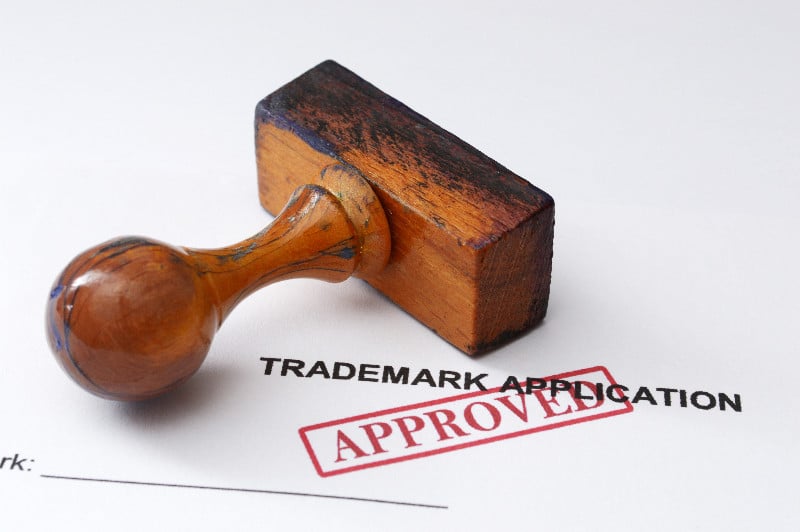How long do trademarks last?
This question has a famous short answer with a much longer answer to follow.
Trademarks last as long as the mark is used on products or in advertising for services. As long as the trademark is in use, the trademark is in effect.
Here is a further examination at why.
Common-law Trademarks
A common-law trademark refers to the rights that are automatically acquired by a business or individual when they use a distinctive mark in commerce to identify their goods or services, without registering the mark with any governmental trademark office. These rights are based on the actual use of the trademark in commerce, rather than on registration, and they protect the mark within the geographical area where it is used or where it has a reputation. A common-law trademark may have rights within each state, and may even have rights federally, but all those rights need to be proven in a court of law if they were infringed.
This is why the trademark can last as long as it is used.
Trademark Registrations at the USPTO
When a trademark is registered at the United States Patent and Trademark Office (USPTO), then the trademark owner has duties at certain points in time, such as paying a fee and showing the USPTO that the trademark is in use, else the trademark registration will expire.
Registering a trademark with a governmental agency (such as the USPTO) provides additional benefits. These include public notice of the trademark owner’s claim of ownership, a legal presumption of ownership nationwide, the exclusive right to use the mark on or in connection with the goods/services listed in the registration, the ability to file an infringement lawsuit in federal court, and asking for attorney’s fees as a part of damages.
After the registration, there are key dates to remember:
- Five-Six years after registration, the trademark owner must show that the mark is still in use and pay the fee for the continued registration.
- The trademark owner also can file for trademark incontestability at this time. Once a trademark becomes incontestable, its validity can only be challenged on limited grounds. These include issues such as the mark becoming generic, the mark being abandoned, or the registration being obtained fraudulently.
- Ten years after the registration, the trademark can be renewed for ten years. The trademark can be perpetually renewed, so long as it is in use in conjunction with the goods or services as defined in the trademark registration.
Should you have any questions about your trademark, how to register your trademark, priorty of your trademark, please contact us at Verna Law, PC at 914-908-6757 or anthony@vernalaw.com.


Recent Comments